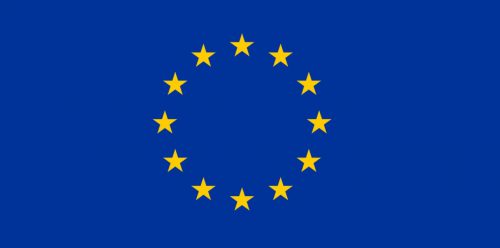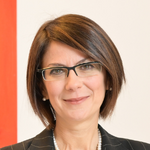 Thanks to Claudia Martorelli for collaborating on this article
Thanks to Claudia Martorelli for collaborating on this article
On January 20, 2022, the European Commission (“Commission”) published its final report closing the sector inquiry launched in July 2020 on the consumer Internet of Things (“IoT”).[1] The report gives an overview of trends and competition issues in the European landscape. It is based on answers provided by more than 200 companies (covering a broad range in terms of size, activities, and products offered) operating in four IoT-related segments, namely, the provision of (i) smart home devices, (ii) voice assistants, (iii) consumer IoT services, and (iv) wearable devices.
The IoT encompasses all “smart” devices for the consumer market that can be connected to other devices, to networks, and to the Internet. According to the report, the use of such devices is increasing, as is their availability on the market. In particular, the use of voice assistants is becoming more popular, including as a way to access the IoT; nonetheless, mobile applications seem to be the channel most commonly used to access IoT products and services.
The leading companies in this sector are Amazon, Google, and Apple, which provide the most widely used general-purpose voice assistants (Alexa, Google Assistant, and Siri) and smartphone operating systems (Android and iOS). As a result, these companies serve as access points to users and, more generally, as intermediaries (or “gatekeepers”) between users and third parties providing IoT services. According to the Commission, their position is unlikely to be challenged in the near future, mainly due to the high investment costs of developing such access-point services, but also because of the practices dominant undertakings may employ to prevent concurrent use of similar services (or “multi-homing”).
According to the report, both the central role played by these dominant firms and their vertical integration allow them to establish and impose requirements for interoperability with their technology on competitors, and thus they potentially could limit the functionality of third-party services by imposing technical constraints.
Such dominant undertakings can also limit third parties’ access to data, hindering their business development. At the same time, their own privileged access to data allows them to leverage their advantages in adjacent markets and further entrench their positions by improving their services using machine learning and algorithmic training.
Finally, as intermediaries these companies may engage in self-preferencing, a conduct already sanctioned by the Commission in the Google Shopping case and confirmed by the General Court as abusive under Article 102 of the Treaty on the Functioning of the European Union (TFEU). Indeed, the report highlights the existence of such practices with regard to “pre-installation, default-setting and prominent placement of consumer IoT services on smart devices or in relation to voice assistants.”
The Commission is concerned that these exclusionary practices risk obstructing the development of new segments in the consumer IoT market. As a result, the Commission may open case-specific investigations to address possible anti-competitive practices revealed in the report, either under Article 101 or 102 TFEU (respectively, anticompetitive agreements or abuse of dominance). However, according to competition commissioner and VP Margrethe Vestager, “This justifies a regulatory approach—because if we see that things are systemic, it’s not enough to fine it and punish it in one place.” It follows that the results of the report will also inform the European Commission’s digital strategy at both the legislative and non-legislative level, with impact on the standard essential patents (SEPs) framework being drawn up[2] and the legislative debate on the Digital Markets Act (DMA)[3].
This article has been published also on Concurrences.com on January 20, 2022.
[1] See our previous article here.
[2] See our previous article “IoTs and SEPs: What’s the EU perspective” here.


